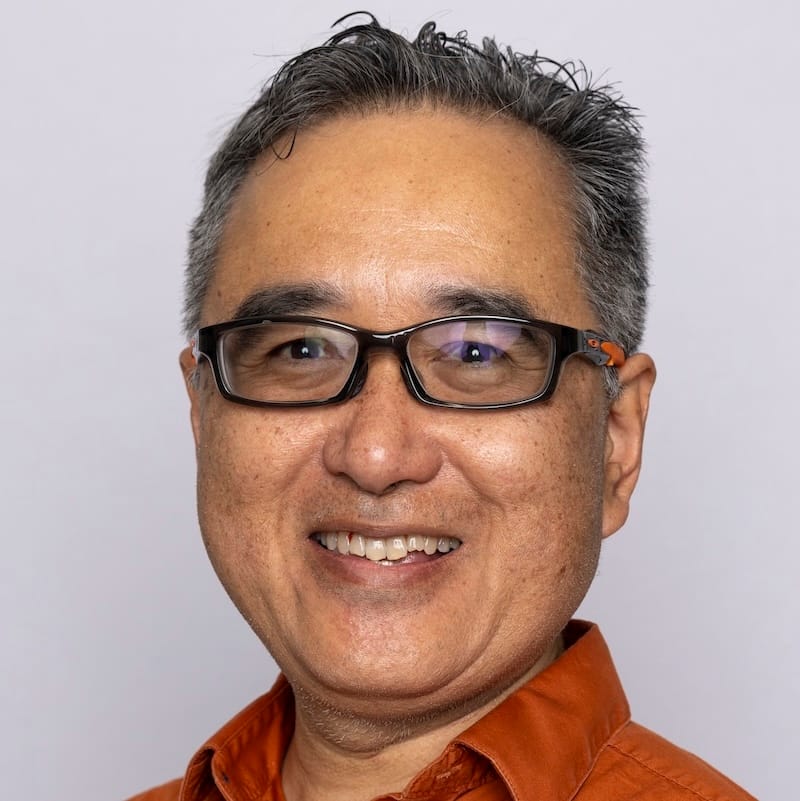The streaming TV series on Netflix called BEEF, starring a prominent cast of Asian Americans, headlined by Ali Wong and Steve Yuen, has the pop culture zeitgeist abuzz with chatter on social media and mainstream outlets like CNN, NBC News, Mashable, Collider, Slate, Looper, Christianity Today, and RELEVANT Magazine.
Note first, a content warning for the show’s TV-MA rating with language, sex, substances, violence. Plus, others have announced a trigger warning for BEEF’s scene with the Steve Yuen character, Danny Cho, responding very emotionally to a worship song, because music may be used manipulatively. Furthermore, there’s a problematic casting of David Choe, because of a 2014 podcast when he told a story of sexual assault.
So when headlines like these pay attention to the church experiences that many of us Asian American Christians have, this makes for a great conversation starter!
- A viral scene from Netflix’s ‘Beef’ nails a very specific religious experience
- ‘Beef’ Nailed the Complex Religious Experience
- How Netflix’s ‘Beef’ nailed the Korean American evangelical experience
- Steven Yeun breaks down his emotional church scene in ‘Beef’
- Netflix’s ‘Beef’ Has the Most Accurate Depiction of Church We’ve Seen On Screen
- The Netflix series’ depiction of Korean American Christianity is terrifying in its accuracy
- Creator Of Netflix’s Beef Tapped Into Korean Church Upbringing For Viral Scene
- Jesus Is Calling … on Netflix’s ‘Beef’ : The tearful worship prompted good and bad memories from growing up in Korean American Christianity—and a needed discussion on church hurt.
- My Church Band Raised a Hallelujah on Netflix’s ‘Beef’
In case you’re wondering how this TV show captured this worship experience so accurately, when others haven’t, it’s actual quite simple. Just record the worship experience as it is, without extra flair or extra camera cuts; it happens every week at so many churches. For this scene in BEEF, this was the real worship band from Citizen Church in Los Angeles. And that church’s pastor, Jason Min, talks about the behind-the-scenes on this episode of Off the Pulpit podcast.
How can people in churches talk better with people in culture?
I believe the church and culture should be having meaningful conversations with one another more often than once in a blue moon, because we’re both deeply engaged in the lives of everyday people. When we can pay attention to what people outside of the church are saying, by being good listeners, we get a better read to see if our intended message of the good news is landing with the right kind of impact.
Sure, we’re not going to get 100% agreement of what the good life ought for what the church promotes versus what the world’s pop culture promotes. That’s not the point. But I’d like to think we have much in common with our shared humanity, in this thing called life, and we as Asian American Christians have room to grow in how we live, embody, and communicate our faith in ways that close the gap between intent and impact.
To avoid any spoilers, I won’t be analyzing why Danny Cho had such an overwhelming experience in a next generation Korean American church located in Orange County, California. I’d like to kindly defer to someone who is a Korean American, rather than for me as an Chinese American Christian speculating from an amateur perspective. From what chatter I’ve seen on social, it’s apparent that the Korean American church experience affects so many Korean Americans inside and outside of the church.
“Western therapy doesn’t work on Eastern minds.”
Now what caught my attention the most in this series was this comment by Danny Cho, who uttered on several occasions, “Western therapy doesn’t work on Eastern minds.”
My initial instinctual reaction was, yeah, he’s right! But, then, pondering a bit, I have a few more thoughts:
I’ve been helped by Western therapy so very much, as someone who has lived with a mental health disorder for 23 years (and counting.) For my emotional and mental wellness, I sure could use all the help I can get.
But, what are the things that do work on Eastern minds?
I haven’t found or know of Eastern therapy or what it is that does work on Eastern minds. I know the intergenerational trauma that many Asians and Asian Americans experienced. I know the suppression of emotions and feelings that’s common in many Asian cultures and families. Surely, that’s not healthy.
Oh, maybe, Danny is just being evasive and avoidant about Western therapy. Asian Americans are three times less likely to seek mental health services than Whites. Men are far less likely than women to seek treatment for mental health. This explains the quote a little bit better.
And, just how Eastern or Western is my mind as an Asian American, shaped and influenced by both Chinese and American cultures? I can say this, that having worked with Caucasian American psychologists and Asian American psychologists, I’ve found it easier to talk with someone who’s Asian American, where I don’t have to do as much explaining about my Asian and Chinese cultural background.
Anyone find something that works better on Eastern minds than Western therapy? I’d love to hear from you!
a Facebook Comment
Peter chimed in with profound insight about the West vs. East: ”Given the origin and history of western therapy, based on western individualistic preferences, it is almost a tautological statement to say that western therapy does not work on eastern minds. Yet the therapeutic (healing) process and experience should not be dismissed or discounted. It is often the racial and ethnic disparity between the therapist and their clients that affects the latter’s therapeutic experience. The therapist who doesn’t understand the relational contexts, struggles and experience of the “eastern” client will be of little help…“ Read the full comment »

